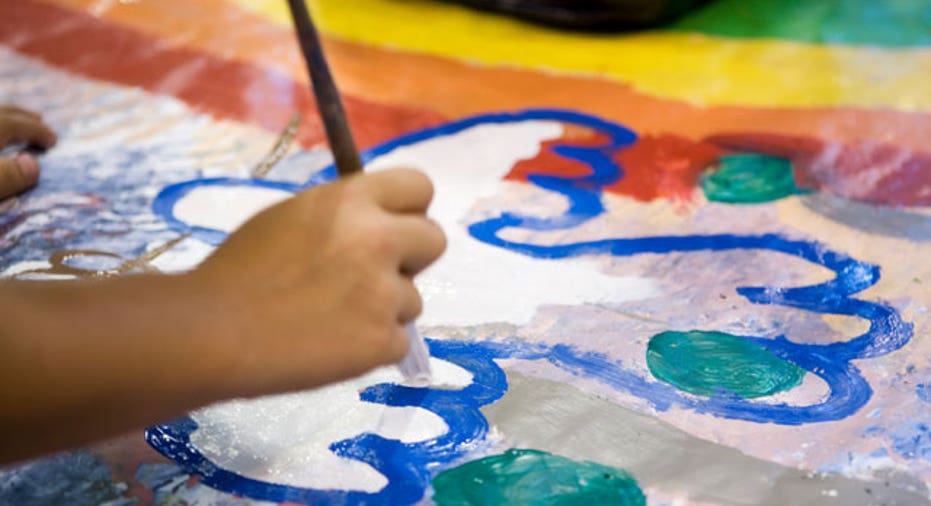Study: Simple Test Helps Spot Autism in Infants

A five-minute screening test could help detect autism in babies at 12 months of age, giving parents and doctors far more time to intervene, U.S. researchers said Thursday.
The study is the first to show that a simple screening tool could be used to detect autism in infants, said Dr. Lisa Gilotty, who heads the autism program at the National Institute of Mental Health, which funded the study.
"The benefit of this study is children get into treatment much earlier than they would otherwise," Karen Pierce of the University of California, San Diego, whose study appears in the Journal of Pediatrics, said in a telephone interview.
Autism, a complex and mysterious brain disorder, strikes one in 110 children in the United States and affects four times as many boys as girls.
The disorder is characterized by difficulties in social interaction, communication and understanding other people's emotions and behavior.
It is usually first diagnosed in early childhood, around the age of 3, and recent studies have shown that the earlier that children are diagnosed and treated, the better they do.
"There is extensive evidence that early therapy can have a positive impact on the developing brain," Pierce said in a statement.
"The opportunity to diagnose and thus begin treatment for autism around a child's first birthday has enormous potential to change outcomes for children affected with the disorder."
For the study, Pierce and colleagues put together a network of 137 pediatricians in the San Diego area, who systematically started screening all babies at their one-year check up.As part of the screening program, parents answered a survey, rating their babies on questions such as "When your child plays with toys, does he/she look at you to see if you are watching?" or "Does your child smile or laugh while looking at you?"Any baby who failed the screening was referred to university's autism center for more testing. These children were re-tested every six months until age 3, when they were likely to show signs of autism.Of the more than 10,000 infants, 184 failed the initial screening, and 75 percent of these children ended up with some problem. Of the total, 32 of the children have received an autism diagnosis, 56 had a language delay, nine were developmentally delayed and 36 were categorized as having some other issue.After the screening program, all toddlers diagnosed with autism or developmental delay, and 89 percent of those with language delay were referred for behavioral therapy around the age 17 months. On average, these children began receiving treatment at 19 months."Those kids were getting treatment who otherwise may not have been seen for treatment until age 3 or later," Gilotty said in a telephone interview.Dr. Chrystal de Freitas, a pediatrician who participated in the study, said parents who got the screening paid more attention to their child's development, and it helped prepare some for potentially bad news."In addition to giving me the opportunity to do a more thorough evaluation, it allowed parents time to process the information that their child might have a development delay or autism -- a message no parent wants to hear," she said in a statement.Pierce said surveys of the doctors before the program showed that most had not been screening infants in any systematic way for autism. But after the study, 96 percent said they have continued using the screening tool.Gilotty said the screening test still needs to be confirmed through other studies, but it proves that it is possible to systematically screen babies for autism in a way that does not put too much of a burden on pediatricians.



















